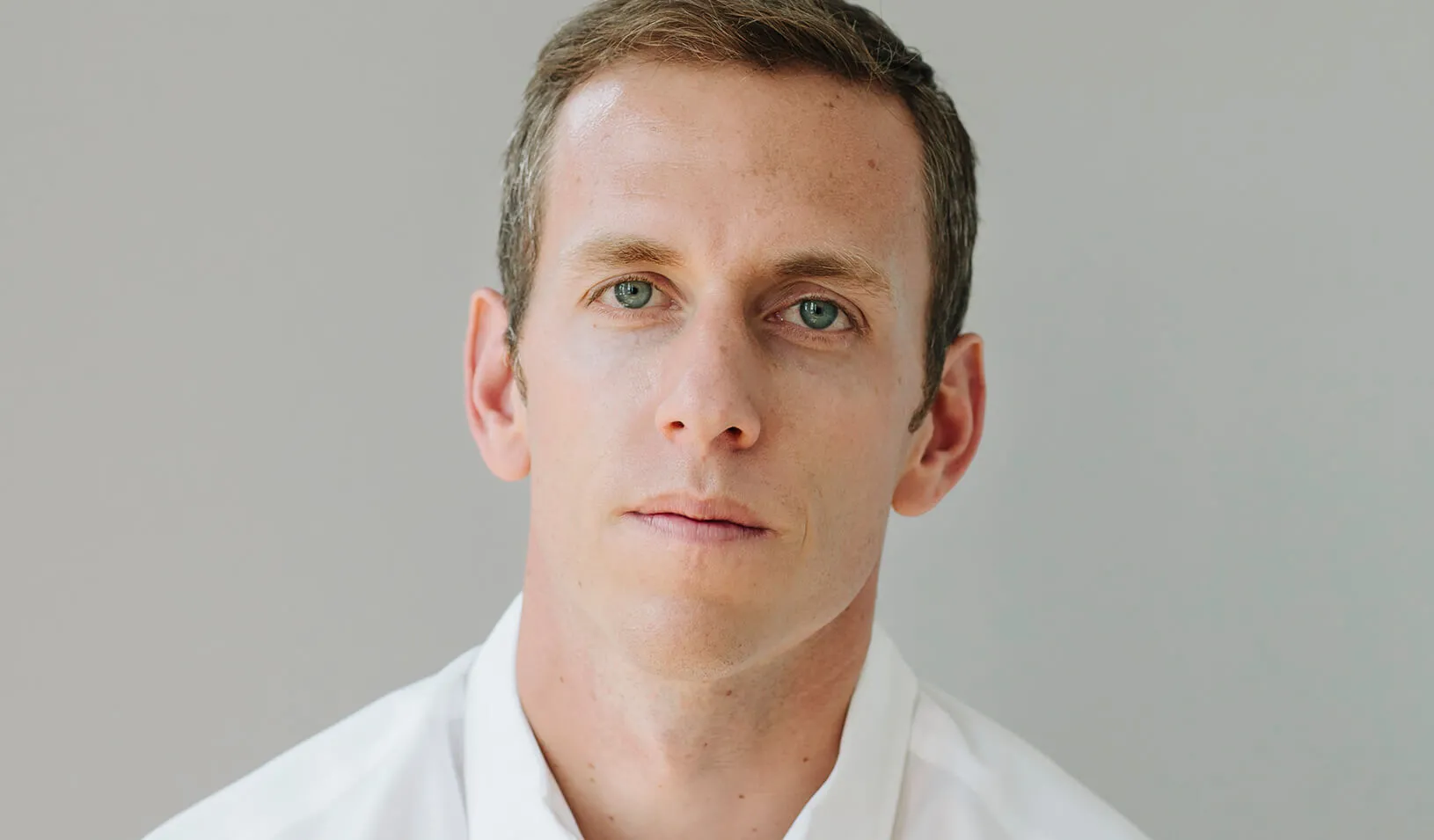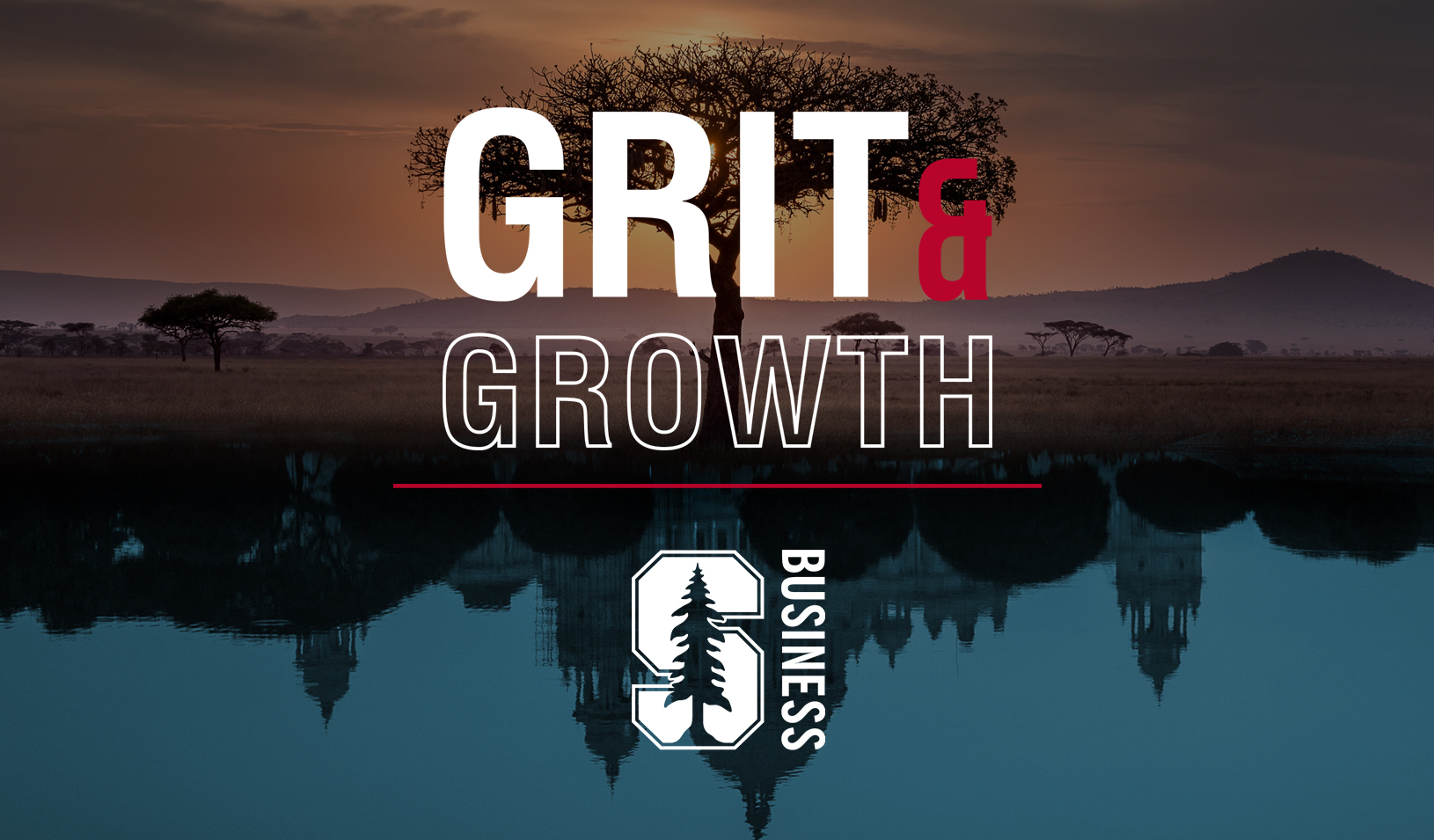February 28, 2016
| by Erika Brown EkielAndy Katz-Mayfield is cofounder and co-CEO of Harry’s Inc., a New York-based grooming company. Harry’s designs and manufactures its razors in its factory in Germany and sells its blades at a lower price than the major brands.
Harry’s sells product directly on Harrys.com and at The Corner Shop, its first combination barber-retail store in New York City. Katz-Mayfield says that Harry’s has well over one million customers within the U.S. and Canada. He earned an MBA from Stanford Graduate School of Business in 2011.
In 10 words or fewer, what is the big idea behind your business?
Change the paradigm: Offer high-quality products, thoughtful design, and value.
There are at least two other popular, well-marketed newcomer competitors I can name in the “shave your beard better” business. Why is this happening now?
The pain point in the shaving industry has been there for a while. Guys are dissatisfied with the status quo and are tired of the same brands, high prices, and poor customer experience. Culturally, people today expect more from the brands they interact with: authenticity, transparency, and approachability.
Technology has also enabled the “Why now?” The ability to launch a new direct-to-consumer brand online has happened only in the last 10 to 15 years. That enables you to provide a curated brand experience and deliver a high-quality product efficiently.
How is Harry’s different than the others?
Our brand is different. We infuse style and design into the product and let the product speak for itself. We are one of the only vertically integrated shaving brands in the world: We bought our factory so that we could design and manufacture our own product. It’s really, really hard to make razor blades. Our purchase of the factory gave us the unique ability to do everything from grinding the steel to selling blades directly to our customers. This lets us control the entire experience for them and enhances our operational efficiency so we can keep prices low. It also enables us to respond to customer demands about our products — to take direct feedback on what features people would like in our products and use it to drive R&D and our product innovation approach. We believe product quality is the most important thing. Most consumer brands are distributors through a third party. That is impersonal. We try to do the opposite. Every person at our company goes through customer-experience training and spends a day each quarter working in customer experience. That’s part of our ethos.
How would you describe your target market?
We design for every guy. If you look at our actual customer base, it’s a range of men, from 15-year-olds to 85-year-olds. They are urban and rural, affluent and less affluent.
You publish an online magazine, Five O’Clock, on your website. How important is content to your razor business, and why?
It’s really important to tell a story around the brand. People are interested in the product but also the company itself. Where did these guys come from? One page on our website that converts well to sales is the “our story” page. Jeff and I created Harry’s around a personal pain point, and after talking to our friends, families, and anyone else who would listen, we realized that a lot of other guys felt the same way. In consumer products, it’s usually the product page [that converts the most visitors into buying customers], but here it’s our story — it resonates with consumers. We also provide content that is tangentially related to the brand and answers the question of “Why should I care?”
What are your biggest challenges right now in building your business?
Scale. Growing quickly and achieving success while also building the infrastructure we need to build a long-lasting business.
What is the best advice you’ve ever received?
H. Irving Grousbeck, a consulting professor at Stanford GSB, said, “Every out-front maneuver you make is going to feel uncomfortable. That warm feeling you get when everything is going well is the body temperature at the center of the herd.” Everyone is always yearning for that warm feeling, but if you are there, you are not pushing enough. You should feel stressed out. You should feel like you are going a million miles an hour.
What was the most difficult lesson you have learned on the job?
When you first found a company, you do everything yourself. Everything is fashioned in your eyes. Your instinct is to trust yourself more than anybody else. At some point, that just breaks. You can’t fix everything. When you hire good people, they don’t want you to make every decision. You have to step back and become comfortable with the fact that things may evolve in a way you did not design and maybe don’t agree with. My job now is to provide direction, feedback, and encouragement, and to get involved in big, strategic decisions.
What advice would you give other entrepreneurs on how to build a great business?
Hire people who are 100 times better than you at whatever they do, and get out of the way.
If there was one thing that has enabled you to be successful as an entrepreneur, what would it be?
Persistence. It’s a roller coaster. There are ups and downs, roadblocks. You need to remain steady, not let yourself get too high or too low. I think people overweight the value of an idea, but 90% of success is execution, just driving through the circumstances.
What inspires you/how do you come up with your best ideas?
It is easy to get overscheduled and run from meeting to meeting, but it is important to create space in your calendar to think. I try to find a few hours per week.
What is your greatest achievement?
The team we built at Harry’s. They are smart, driven people who are kind and considerate and continue to get better.
What do you consider your biggest failure?
Often when I fail it’s because I lose track of the “people” component of something. It is not my first train of thought to look at interpersonal analysis. When something goes wrong, you might first think it’s the fault of the technology or the product, but more often it’s that this person didn’t have the right information because this person and that person are siloed and they needed to talk.
What values are important to you in business?
Selflessness. Putting the company first, then the team, then your personal needs. Also learning. The idea of continuous improvement, regardless of how junior or senior you are.
What impact would you like to have on the world?
I would love to build a brand that is around for 100 years.
What was your first paying job?
I worked at a country club as a banquet waiter. I learned that providing great service is not that hard. Being polite and empathetic goes a really long way.
What is the best business book you have read?
The Hard Thing About Hard Things by Ben Horowitz.
For media inquiries, visit the Newsroom.






